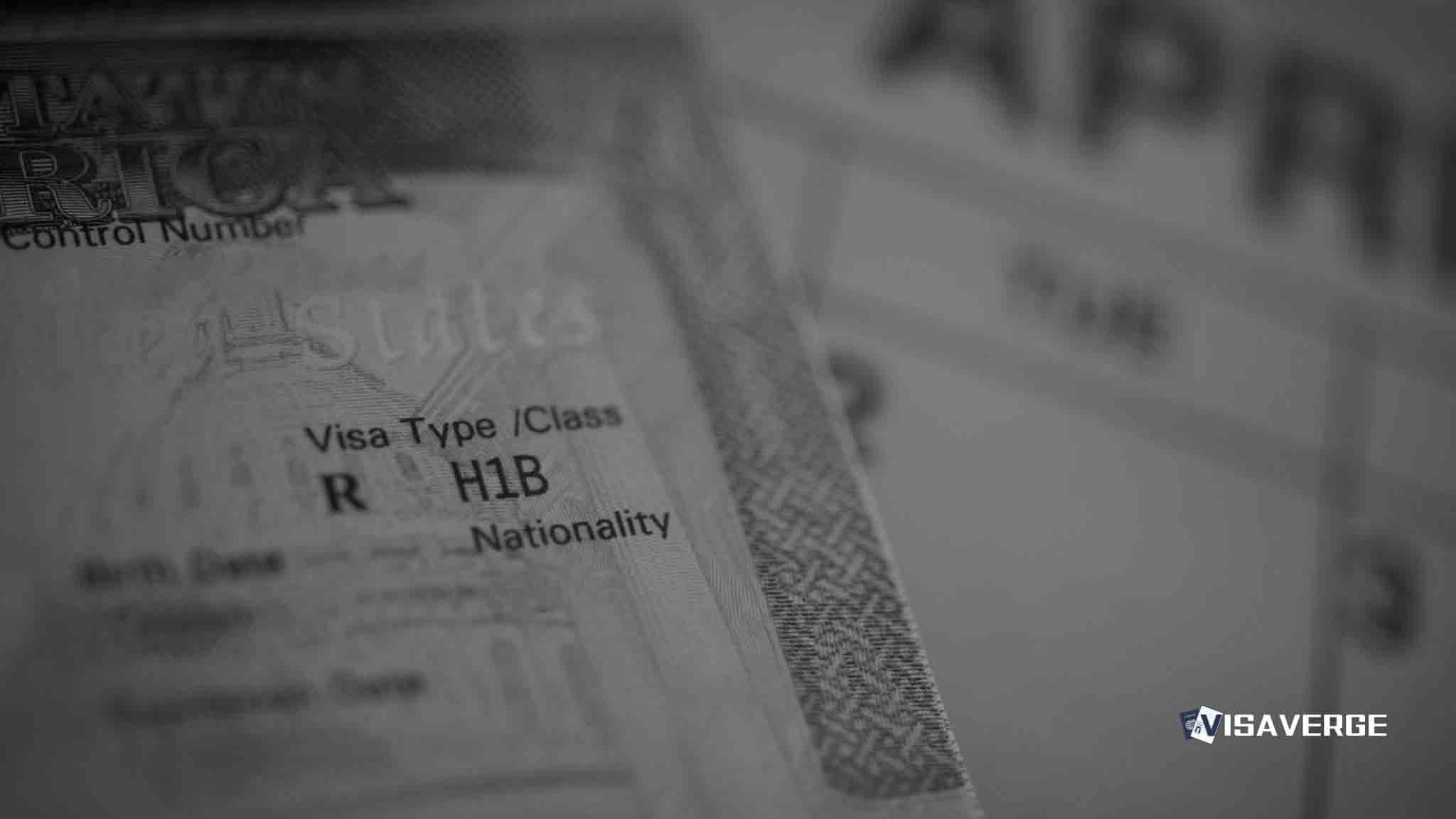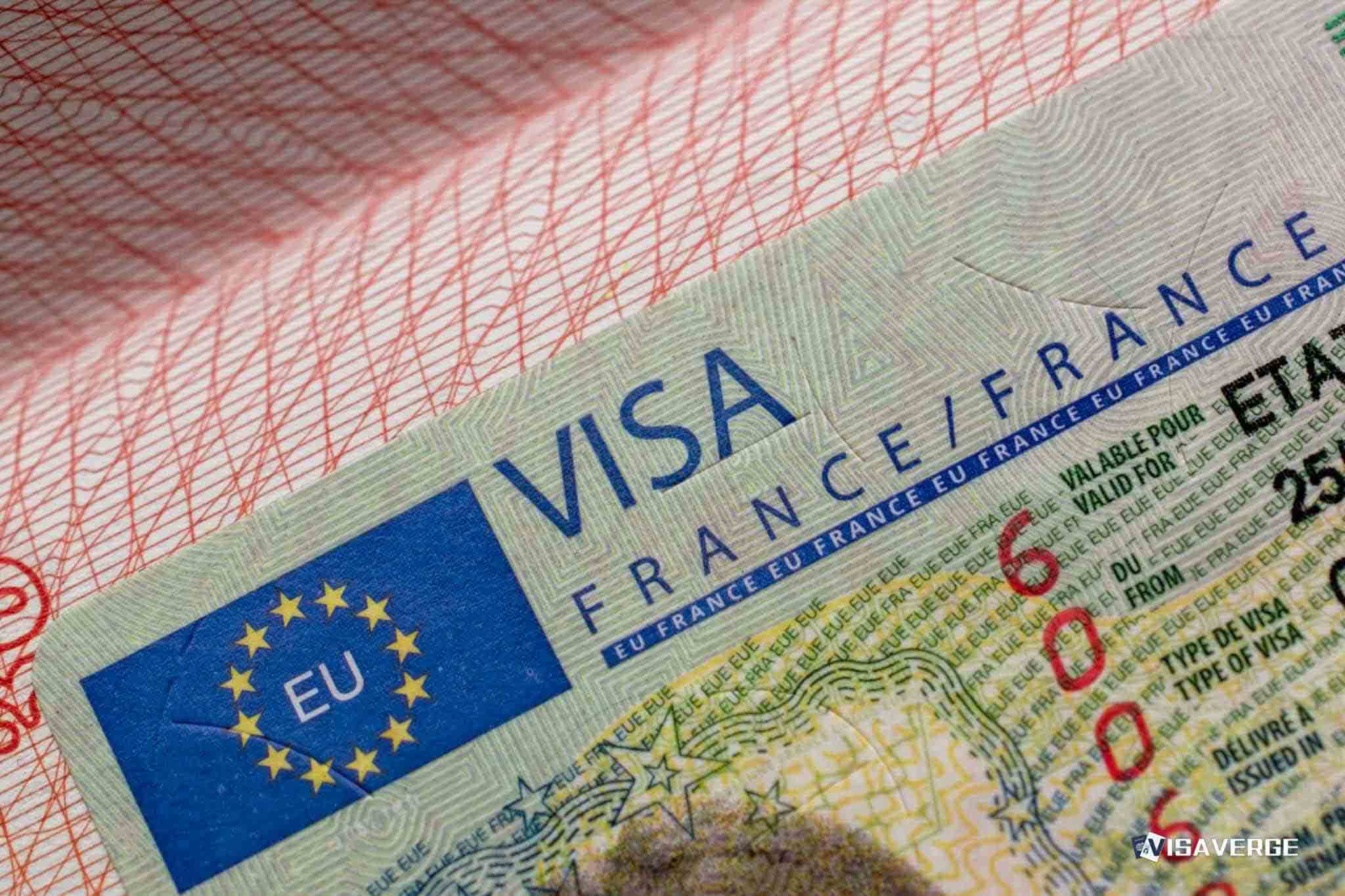(UNITED STATES) Applicants planning an adjustment of status in 2025 face higher upfront costs and tighter filing rules as U.S. Citizenship and Immigration Services (USCIS) rolls out a new fee schedule and stricter rejection standards for underpaid applications. Attorneys confirm that legal help for a green card case using Form I-485 now commonly runs between $3,000 and $5,200 for standard representation, while the USCIS filing fee is $1,225 for most applicants aged 14 and older. For children under 14, the fee can drop to $950 in limited situations.
These changes arrive as USCIS enforces a fee update effective July 22, 2025, and warns that packets postmarked after August 21, 2025, without the correct payment will be rejected. The new financial picture is more than a line item: the combined cost of attorney fees, government filing charges, biometrics, medical exams, and optional work authorization can stretch budgets and delay plans.

Why costs vary and what drives increases
Lawyers say the biggest swing factor is case complexity.
A clean marriage-based case with clear proof may be near the lower end of attorney fees, while cases with prior immigration violations, criminal records, or missing civil documents can reach the higher end.
Analysis by VisaVerge.com attributes the steady rise in costs to:
- Inflation and rising operational costs
- USCIS efforts to reduce backlogs through system upgrades and staffing
- Increased agency workload that necessitates higher fee revenue
USCIS tools, discounts, and fee waivers
USCIS is encouraging electronic filings and has expanded online tools. Key points:
- $50 discount for online submissions in certain categories
- Fee waivers and reductions remain available for eligible groups, including:
- Survivors of trafficking and domestic violence
- Some humanitarian applicants
- Nonprofits and small employers
- Certain military families
These exceptions are category- and timing-dependent. Accuracy matters: if the wrong fee is included—whether in a mailed packet or an online payment—the application may be rejected, risking timing, work plans, and family milestones.
Policy changes overview
- The base filing fee for
Form I-485moved from $1,180 (2023) to $1,225 under the 2025 schedule. - Age-based fee reduction for some children under 14 continues.
- Biometrics scheduling remains in place.
- Related requests (e.g., travel or employment authorization) may carry separate charges if not bundled.
Applicants should always confirm current pricing using the USCIS fee table before mailing or paying online. The agency’s official fee page is here: USCIS Fee Schedule and Calculator.
USCIS will reject submissions postmarked after August 21, 2025, if the payment does not match the new amounts. This applies to mailed filings and relevant online payments.
If you prepared a packet early in the summer using older worksheets, recalculate and update checks or money orders. A short call to a lawyer or a quick double-check on the USCIS fee calculator can prevent costly mistakes.
Attorney fees and what to expect
Attorney billing remains a major decision point:
- Many firms offer flat fees covering:
- Case evaluation
- Document checklists
- Affidavit drafting
- Interview preparation and often interview attendance
- Others charge hourly rates when facts are complex or likely to change.
Before signing a contract, request:
- A written scope letter
- A detailed estimate listing what is included and excluded
- Clarification on whether interview attendance is part of the price
Common additional costs include translations, certified mail, and medical exam guidance.
Typical filing process and checklist
The hiring process and filing workflow usually follow these steps:
- Initial consultation: attorney reviews immigration history, arrests, prior entries, marriage/family records, and past filings.
- Plan and fee proposal: attorney explains fees, the USCIS I-485 fee, and add-ons.
- Fee agreement: the firm outlines who gathers documents, translation responsibilities, number of review calls, and interview attendance options.
- Document preparation: passports, I-94 records, birth and marriage certificates, divorce decrees, proof of lawful entry, and relationship evidence (joint leases, bank accounts, photos, messages).
- Attorney assembles affidavits, compiles exhibits, fills out forms, and performs quality checks.
- Filing and tracking: firm files the package, tracks receipts, and USCIS schedules biometrics followed by an interview notice.
- Interview prep: many applicants do a mock interview and review tricky past events.
Form precision matters. Always use the current edition of Form I-485: Form I-485 — Application to Register Permanent Residence or Adjust Status. Attorneys check edition dates and ensure consistency across names, dates of birth, and A-Numbers.
Financial planning example
A sample budget for a spouse case might include:
| Item | Estimated cost |
|---|---|
| Attorney flat fee | $3,800 (example) |
| USCIS I-485 fee | $1,225 |
| Medical exam | $200–$500 |
| Optional work permit (if applicable) | Varies |
| Courier, translations, time off work | Variable |
Advocates recommend planning in stages and keeping a small reserve for surprises.
Practical impacts and risks
- Missing documents or misread instructions can cause months of delay, rescheduled biometrics, or transfers.
- Processing slowdowns can jeopardize job offers if a work permit takes longer than expected.
- Filing complete applications with clear cover letters and comprehensive civil records reduces chances of Requests for Evidence (RFEs).
- Legal guidance is often a cost-saving measure long-term when compared to expensive appeals, motions, or refiles.
Assistance for those who can’t afford fees
Options for fee relief and lower-cost help:
- USCIS fee waivers for defined categories and income-based hardship tests (strict standards)
- Community legal clinics offering sliding-scale rates or pro bono slots for qualifying applicants
- If a waiver is denied, possible next steps include refiling with correct fees, filing a motion to reopen, or considering an appeal depending on the decision
Applicants should gather proof for waivers: tax returns, pay stubs, benefit letters, and records that show household size and income.
Interview, denials, and next steps
- A well-prepared applicant brings updated evidence and original civil documents to the interview.
- If USCIS requests more proof or denies a case, next steps may include:
- Motion to reopen with new evidence
- Appeal (if available)
- A new filing that addresses the officer’s concerns
Lawyers caution against quick refiles without fixing underlying issues, as this wastes time and money.
Timely communications and USCIS contact
For questions and case status:
- USCIS customer service: 1-800-375-5283
- Use online account tools and service request options for biometrics, interview rescheduling, and address updates
Keep copies of everything and save proof of delivery for all mailed items.
Behind the numbers is a bigger story: USCIS is balancing service with funding needs, and applicants are paying more to keep cases moving. Fee waivers, discounts, and online filing tools cushion the impact for some. For others, picking the right attorney, getting forms right the first time, and following timing and payment rules make the difference between a smooth path to permanent residence and months of avoidable delay.
Frequently Asked Questions
This Article in a Nutshell
In 2025 USCIS implemented a fee schedule increase affecting Form I-485 applicants: the base filing fee rose to $1,225 for most applicants aged 14 and older, with a reduced $950 fee in limited cases for children under 14. Attorneys report typical representation costs between $3,000 and $5,200 depending on case complexity. USCIS will enforce new payment standards—packets postmarked after August 21, 2025, with incorrect fees may be rejected—and offers a $50 online discount and fee waivers for specific groups. Applicants should verify current fees, use online tools when appropriate, assemble complete documentation, and consider legal assistance to avoid delays, RFEs, or costly refiling. Planning for biometrics, medical exams, translations, and potential EAD fees is essential.






